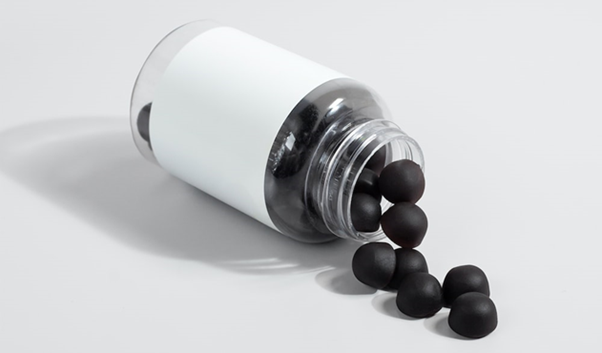Can probiotics make you sick?

Probiotics are often referred to as "good" bacteria because they can provide a wide range of health benefits, such as improving gut health, immune function, and overall well-being. However, there may be concerns about whether probiotics can make you sick. In this article, we'll take a closer look at whether probiotics can make you sick and under what circumstances.
Can probiotics make you sick?

In general, probiotics are safe for most people to take and are not likely to cause illness. However, in rare cases, probiotics can cause adverse effects, such as:
- Digestive Issues: Some people may experience digestive issues such as bloating, gas, and diarrhea when taking probiotics. This is more likely to occur when taking a high dose or a new type of probiotic.
- Allergic Reactions: In rare cases, people may have an allergic reaction to a specific strain of probiotic bacteria. Symptoms of an allergic reaction may include hives, difficulty breathing, and swelling of the face or tongue.
- Infection: There have been rare cases of probiotic bacteria causing infections in people with weakened immune systems. This is more likely to occur in people with serious underlying medical conditions or those who are receiving treatment for cancer or other immune-suppressing conditions.
It's important to note that the risk of adverse effects from probiotics is generally low, and most people can take probiotics safely without any issues. However, it's always a good idea to talk to your healthcare provider before starting any new supplement regimen, including probiotics, especially if you have a medical condition or are taking medications.
How to reduce the risk of adverse effects from probiotics?
If you're considering taking probiotics, there are several things you can do to reduce the risk of adverse effects, including:
- Choose a High-Quality Probiotic: Not all probiotics are created equal, and some may be more effective and safer than others. Look for a probiotic supplement that contains a variety of strains of bacteria and has been tested for safety and efficacy.
- Start with a Low Dose: To minimize the risk of digestive issues, start with a low dose of probiotics and gradually increase the dose over time.
- Take Probiotics with Food: Taking probiotics with food can help to reduce the risk of digestive issues by slowing down the digestion and absorption of the supplement.
- Stop Taking Probiotics If You Experience Adverse Effects: If you experience any adverse effects from taking probiotics, such as digestive issues or allergic reactions, stop taking the supplement and talk to your healthcare provider.
In conclusion, probiotics are generally safe for most people to take and are not likely to make you sick. However, in rare cases, probiotics can cause adverse effects. To minimize the risk of adverse effects, choose a high-quality probiotic, start with a low dose, take probiotics with food, and stop taking probiotics if you experience any adverse effects. This is the brand we recommend Vita Miracle, which contains 30 billion CFU'S and 18 Strains of Probiotic.
Frequently Asked Questions
ANS. Probiotics, while beneficial for gut health, may cause mild side effects in some individuals. These include bloating, gas, diarrhea, upset stomach, and allergic reactions. However, these side effects are generally temporary and subside as the body adjusts to the new bacteria.
ANS. Probiotics can occasionally cause flu-like symptoms in some individuals. This is because the introduction of beneficial bacteria may trigger an immune response, causing mild symptoms such as fever, chills, and body aches. However, these side effects are generally short-lived and subside as the body adjusts to the new bacteria.
ANS. Feeling nauseous after taking a probiotic may be due to an imbalance or die-off of harmful bacteria in your gut. This temporary reaction, known as the Herxheimer effect, can cause gastrointestinal discomfort. Additionally, sensitivity to certain strains or ingredients in the probiotic could contribute to nausea.
ANS. Too much probiotics can lead to negative effects such as digestive discomfort, bloating, and gas. Overconsumption may also cause an imbalance in the gut microbiome, potentially leading to infections or weakened immune function. In rare cases, excessive intake may result in systemic infections, especially in those with compromised immune systems.



